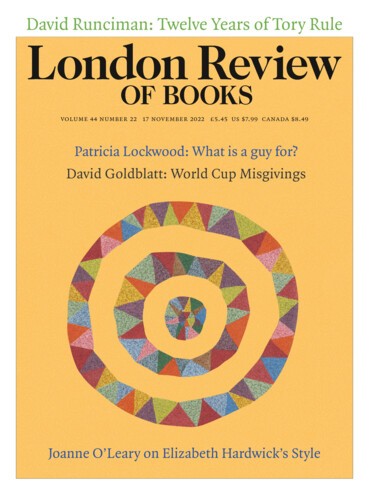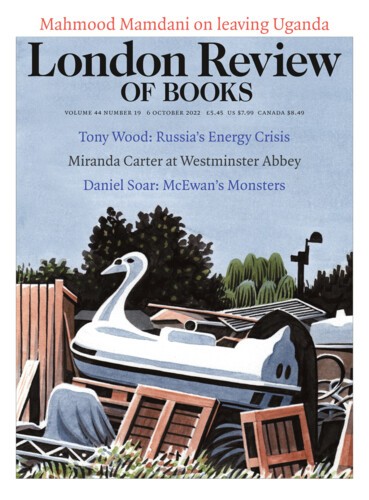Empires in Disguise
Tom Stevenson, 4 May 2023
Empires are supposed to be a thing of the past, yet in some ways the empires we knew are still with us. The great powers of the present were the great continental empires of the 18th and 19th centuries. The borders of Russia today are similar to those of the Russian empire in the 1750s. The territory of modern China largely resembles that of the Qing empire in 1760, the main difference...





